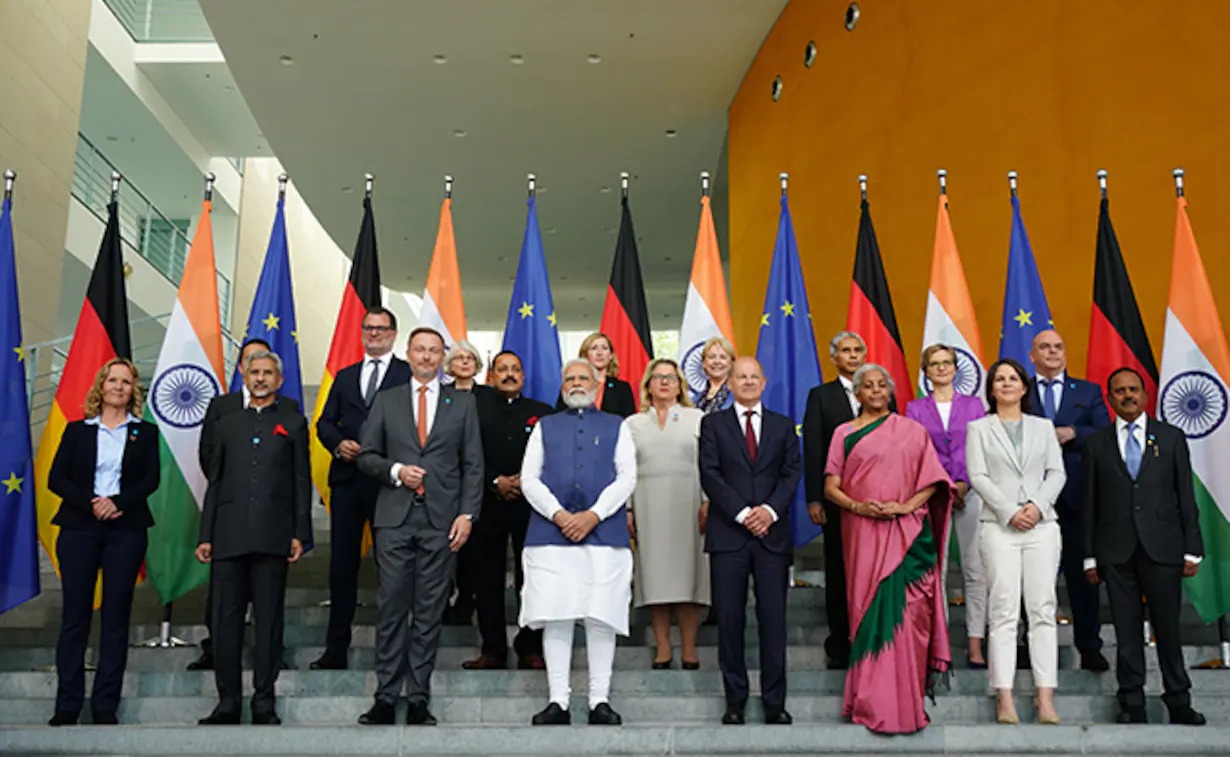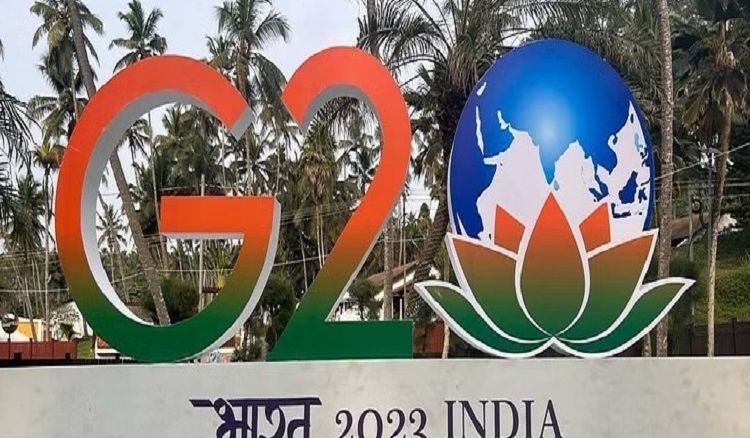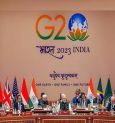The Ministry of External Affairs in India has unveiled a strategic blueprint, showcasing the nation's shrewd diplomatic prowess at the G20 summit. Amid growing concerns over China's influence and global power dynamics, India's deft maneuvering in the international arena has come into sharp focus.

The Ministry of External Affairs highlighted three pivotal strategies that have allowed India to assert itself on the world stage. First and foremost, India has been leveraging the markets of developing countries, using them as bait to establish stronger diplomatic ties. Second, the nation has engaged in pre-strategic discussions with key partners, including Indonesia and Brazil, positioning itself strategically for future influence. These initiatives are indicative of India's commitment to securing its interests on the global stage.
One of the most contentious issues leading up to the G20 summit was the formulation of the Delhi Declaration. Originally intended to mirror the Bali Declaration's last year's condemnation of Russia's invasion of Ukraine, the situation took an unexpected turn when Russia expressed reservations. Prime Minister Narendra Modi's direct conversation with Russian President Vladimir Putin and the efforts of South Block officials and Sherpa Amitabh Kanth ultimately resulted in a compromise. The West, including the United States, showed flexibility in their rhetoric against Russia, avoiding a potential roadblock to India's presidency of the G20.
India's diplomatic finesse not only kept Russia on board but also persuaded Moscow to convince its ally, China, to sign the declaration. The stakes were high, with implications for Russia's influence in India and emerging markets. The agreement to refrain from the unilateral use of force and protect the sovereignty and geographical integrity of all states became the cornerstone of the declaration.
Moreover, India's participation in the BRICS summit in Johannesburg and the ASEAN summit in Jakarta played a pivotal role in shaping the G20 declaration. Initially, there were doubts about Prime Minister Modi's attendance in Johannesburg, but subsequent developments led to a change in the decision.
In a world where geopolitics are increasingly complex, India's adept navigation of these diplomatic waters has not only safeguarded its interests but also contributed to maintaining global stability. The nation's ability to balance its relationships with major powers, address pressing global concerns, and facilitate cooperation on the international stage underscores India's emergence as a significant player in global diplomacy.
 বাংলায় পড়ুন
বাংলায় পড়ুন













